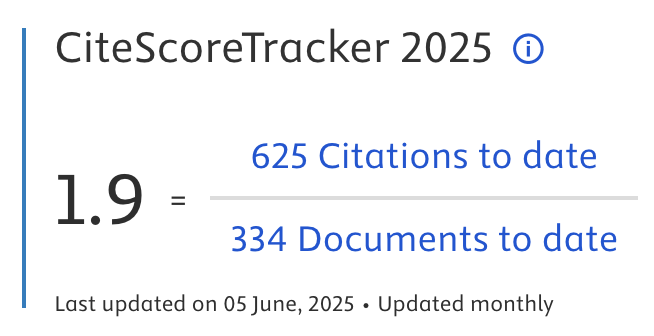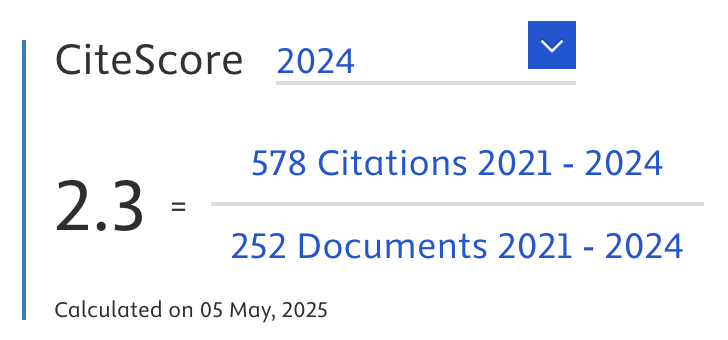Blended Teaching Model Optimization for Innovation and Entrepreneurship Courses through Data Analytics in Higher Education
Abstract
This study aimed to (1) develop a blended teaching model for Innovation and Entrepreneurship courses in Chinese higher education, and (2) assess the effectiveness of the proposed model. The sample consisted of 17 Chinese experts selected through purposive sampling and 30 higher education students from China. The research employed statistical analysis techniques including mean, standard deviation, coefficient of variation, and t-test to analyze the data. Results demonstrated significant improvements in students' entrepreneurship skills. In the experimental group, the pre-test mean score increased from 2.21 to 3.78 post-intervention, while the control group showed a slight improvement from 2.32 to 2.84. The standard deviation of learning outcomes decreased from 0.884 to 0.564, indicating a more consistent student performance. A statistically significant difference was observed (p = 0.003), confirming the effectiveness of the blended teaching model. These findings highlight the potential of blended learning in enhancing the quality of innovation and entrepreneurship education.
Article Metrics
Abstract: 51 Viewers PDF: 15 ViewersKeywords
Full Text:
PDFRefbacks
- There are currently no refbacks.

Journal of Applied Data Sciences
| ISSN | : | 2723-6471 (Online) |
| Organized by | : | Computer Science and Systems Information Technology, King Abdulaziz University, Kingdom of Saudi Arabia. |
| Website | : | http://bright-journal.org/JADS |
| : | taqwa@amikompurwokerto.ac.id (principal contact) | |
| support@bright-journal.org (technical issues) |
 This work is licensed under a Creative Commons Attribution-ShareAlike 4.0
This work is licensed under a Creative Commons Attribution-ShareAlike 4.0




